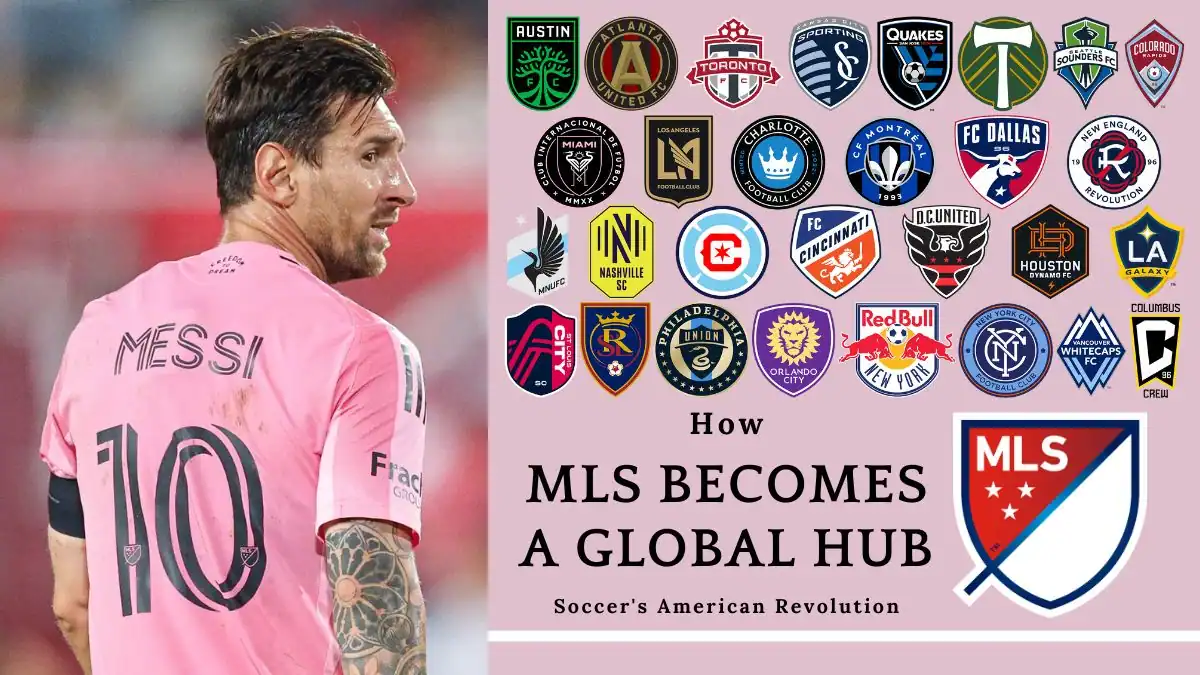Can Major League Soccer truly become the world’s next global hub, or has that moment already arrived? How MLS Becomes a Global Hub in 2025–26 talent?
The transformation of Major League Soccer from a modest domestic league to a global soccer destination is one of the most remarkable success stories in modern sports. What began as an ambitious project in 1996 has evolved into something unprecedented – a league that attracts the world’s greatest talent while nurturing homegrown stars and capturing international attention like never before. As “MLS Becomes a Global Hub,” the story now spans superstar arrivals, world-class venues, and a media model built for global reach, signaling a new era for American soccer and its growing influence across continents.
Lionel Messi’s move to Inter Miami in July 2023 was a game-changer that reshaped the global perception of American soccer. The eight-time Ballon d’Or winner’s choice to join MLS wasn’t just a transfer—it was a seismic shift that reverberated throughout the soccer world.
Messi’s impact has been nothing short of transformational. Since his arrival, Inter Miami has won two trophies in just over a year: the 2023 Leagues Cup and the 2024 Supporters’ Shield, setting a new MLS points record with 74 points. His 50 goals in 38 matches for the club demonstrate that even at this stage of his career, his brilliance remains undiminished.
The “Messi Effect” extends far beyond the pitch. According to reports, MLS teams have collectively earned over $80 million in additional revenue when Inter Miami plays, thanks to dynamic ticket pricing and unprecedented demand.
Stadiums sell out in minutes whenever Messi appears, and his jerseys have become fashion statements featured in Vogue magazine. Inter Miami now sells more jerseys than Juventus, highlighting the global reach of this phenomenon.
How MLS Becomes a Global Hub ?
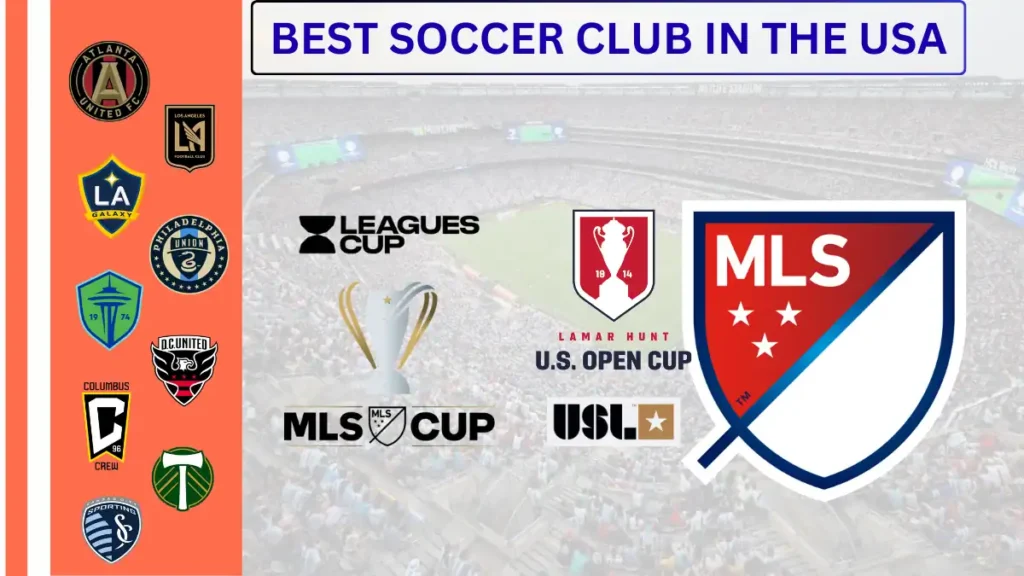
2025 FIFA Club World Cup: Americas Soccer Coming-Out Party
The 2025 FIFA Club World Cup in the United States proved to be a pivotal moment for American soccer’s global recognition. Held from June 14 to July 13, 2025, across 12 venues in 11 cities, the tournament has an international audience their first comprehensive look at American soccer infrastructure and fanbase.
Three MLS clubs participated in this historic 32-team tournament: Seattle Sounders, Inter Miami, and Los Angeles. This representation on the world’s biggest club stage allowed millions of global viewers to witness the quality of MLS facilities and the passion of American soccer supporters firsthand.
The tournament venues showcased America’s soccer-ready infrastructure, with stadiums like Mercedes-Benz Stadium in Atlanta, Hard Rock Stadium in Miami, and Lumen Field in Seattle demonstrating that the United States possesses world-class facilities capable of hosting elite-level soccer.
Five of these Club World Cup venues will also host matches during the 2026 FIFA World Cup, creating continuity and familiarity for international visitors.
Building Towards 2026: The Ultimate Stage
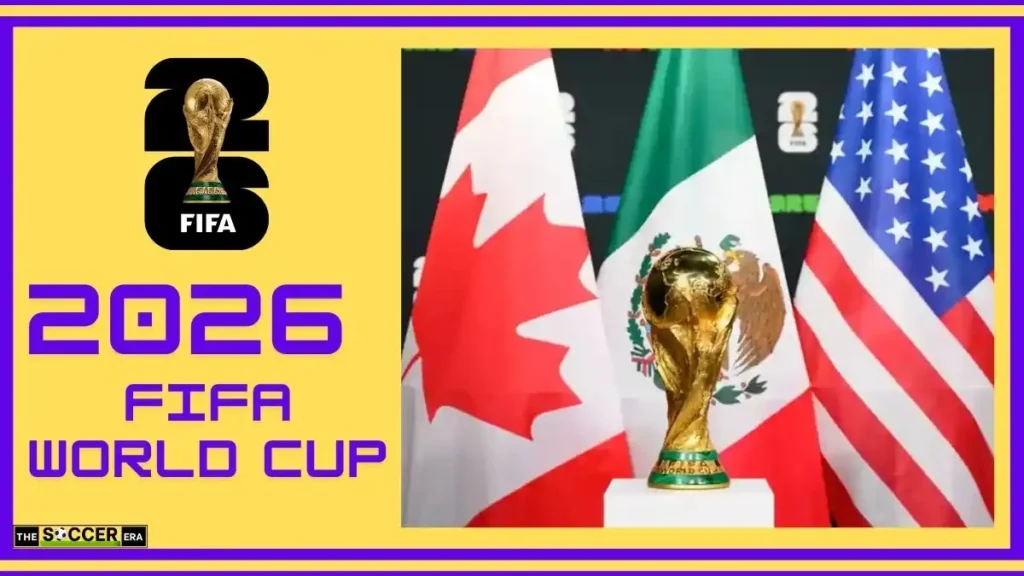
The 2026 FIFA World Cup, co-hosted by the United States, Canada, and Mexico, represents the culmination of American soccer’s global ambitions. As a host nation, the United States Men’s National Team has automatically qualified for the tournament, ensuring that American soccer will have its biggest stage yet.
The tournament will feature 48 teams for the first time, with 80 matches spread across 16 cities in three countries. The USMNT will play its group stage matches in Los Angeles and Seattle, with the final taking place at MetLife Stadium in New Jersey.
This home advantage presents an unprecedented opportunity for American soccer to capture the imagination of the domestic audience while showcasing the sport’s growth to a global audience.
Infrastructure Revolution: From Football Field to Soccer Palace
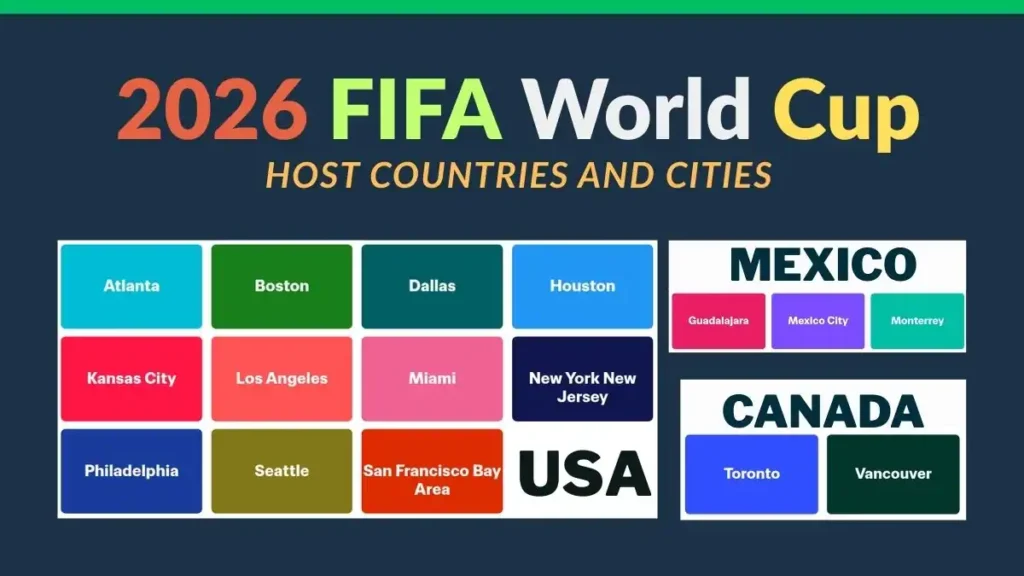
MLS has undergone a dramatic infrastructure transformation that has been crucial to its global credibility. Twenty-two of the league’s 30 stadiums are now soccer-specific venues, a stark contrast to the early days when teams played in cavernous NFL stadiums with tarps covering empty sections.
These purpose-built venues, with capacities typically ranging from 18,000 to 30,000 seats, create intimate atmospheres that rival the best soccer experiences worldwide. Modern marvels like Mercedes-Benz Stadium (73,019 capacity), Bank of America Stadium (74,867 capacity), and Lumen Field (68,740 capacity) can expand to accommodate massive crowds when marquee matches demand it.
The league’s commitment to soccer-specific infrastructure continues with Inter Miami’s upcoming Miami Freedom Park (opening 2026) and New York City FC’s Etihad Park (opening 2027), ensuring that America’s largest media markets will have world-class soccer venues.
Academy Excellence: Developing American Talent
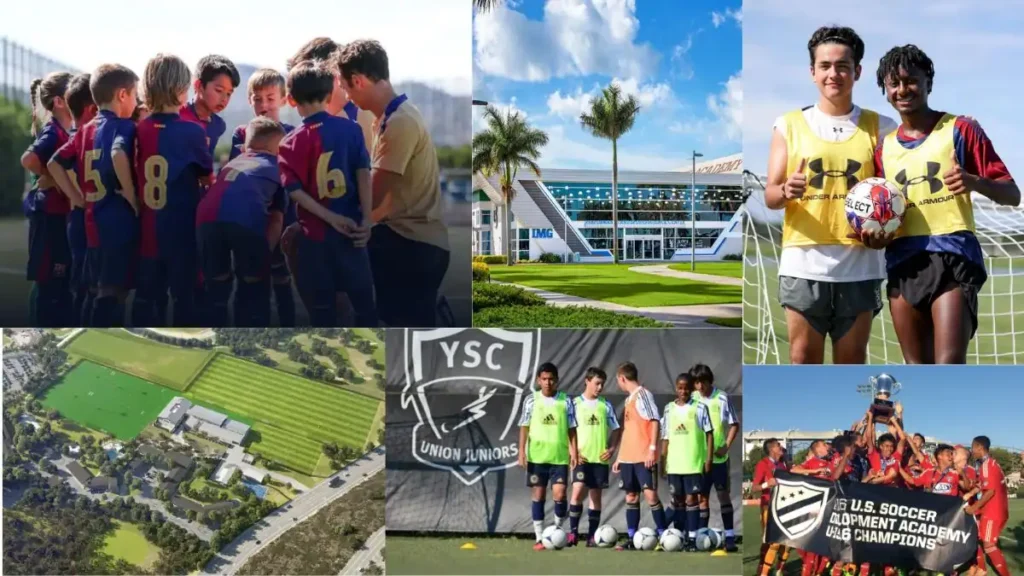
MLS’s transformation into a global hub isn’t just about attracting international stars—it’s about developing homegrown talent that can compete at the highest levels. The league’s academy system has become increasingly sophisticated, with all 30 best MLS clubs required to operate comprehensive youth development programs.
The MLS NEXT program has expanded dramatically, now featuring approximately 230 clubs and 25,000 players across North America. This development pathway has already produced success stories like Alphonso Davies, who progressed from Vancouver Whitecaps to become a global star with Bayern Munich.
The Homegrown Player Rule incentivizes clubs to invest in youth development while providing clear pathways for academy graduates to reach professional soccer. This systematic approach to talent development ensures that MLS can compete not just with international players, but with American talent that can eventually represent the country on the world stage.
Global Media Revolution: Apple’s Game-Changing Partnership
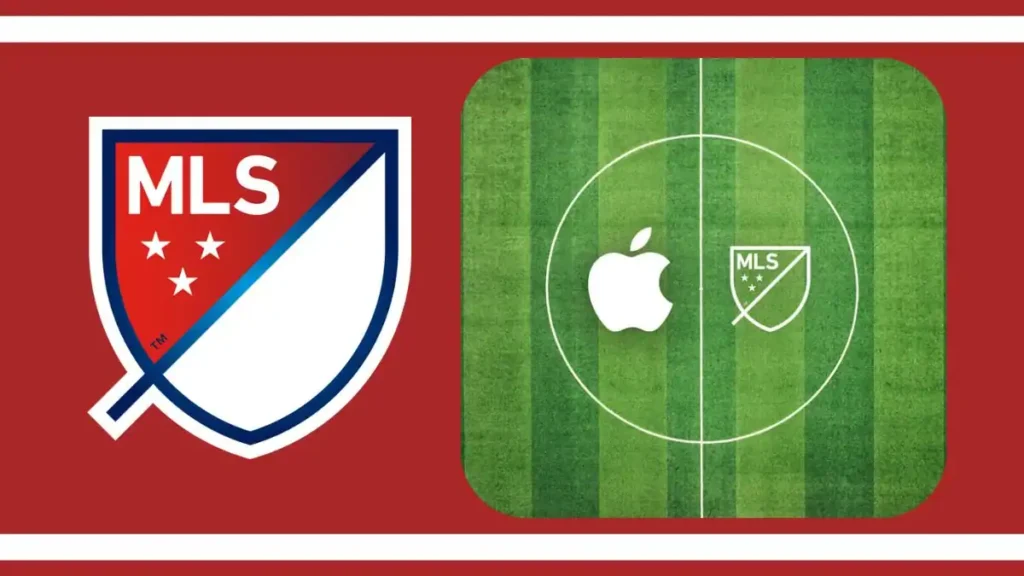
Perhaps no single development has been more transformative for MLS’s global reach than the revolutionary 10-year partnership with Apple, launched in 2023. MLS Season Pass on Apple TV represents a paradigm shift in how soccer is consumed globally, offering every MLS match with no blackouts to viewers in more than 100 countries and regions.
This streaming-first approach has eliminated the regional restrictions that previously limited MLS’s global audience. Unlike traditional broadcast models, Apple’s platform ensures that Messi and other MLS stars are accessible to fans worldwide, breaking down geographical barriers that once confined the league to North American viewers.
The partnership has proven transformational, with Apple executives noting that the first year “exceeded expectations and brought MLS to more fans than ever before”. Global accessibility has been particularly crucial during the Messi era, ensuring that international audiences can witness his performances in real time.
Economic Powerhouse: Sponsorship and Revenue Growth
MLS’s evolution into a global hub has attracted unprecedented commercial interest. The league reported double-digit growth in sponsorship revenue in 2025, with major brands such as Century 21, Jameson Irish Whiskey, DoorDash, and Caterpillar joining the MLS family.
The Michelob Ultra agreement with Anheuser-Busch made the brand the official beer of both MLS and Concacaf’s top competitions, demonstrating how the league’s elevated profile attracts premium global partnerships. Corporate partners are specifically investing more in activating their existing partnerships ahead of the 2026 World Cup, recognizing MLS as a vehicle to reach soccer audiences.
The league’s expansion to 30 teams in 2025 with the addition of San Diego FC, which reportedly paid a $500 million expansion fee, demonstrates the financial strength and attractiveness of the MLS brand.
International Talent Magnet: Beyond the Retirement League Stereotype
MLS has successfully shed its “retirement league” reputation, now attracting young, ambitious international players who view the league as a platform for growth and global exposure. Recent signings like Thiago Almada, Denis Bouanga, and Xherdan Shaqiri represent a new generation of players choosing MLS for career development rather than career conclusion.
The league’s ability to attract talent from all six FIFA confederations is evident in international duty call-ups, with 80 MLS players representing over 35 different countries during recent international windows. This diversity has transformed MLS from a domestic curiosity into a legitimate global talent destination.
Cultural Impact: Soccer’s American Awakening
The transformation of MLS into a global hub reflects broader changes in American sports culture. The multicultural environment of cities like Miami, Los Angeles, and New York provides international players with familiar cultural touchstones while exposing American audiences to global soccer traditions.
Inter Miami’s success under Messi has become a cultural phenomenon that transcends sports. The team’s matches are attended by celebrities, and Messi’s presence has made soccer fashionable in ways previously unimaginable in American sports culture. This cultural cachet creates a feedback loop that attracts more international attention and investment.
Looking Forward: Sustaining Global Momentum
As MLS approaches the 2026 World Cup, the league faces the challenge of sustaining its global momentum beyond the Messi era. The combination of world-class infrastructure, sophisticated youth development, revolutionary media distribution, and growing commercial appeal positions MLS to maintain its status as a global soccer destination.
The success of the 2025 FIFA Club World Cup provided a preview of America’s ability to host world-class soccer events, while the upcoming 2026 World Cup represents the ultimate validation of American soccer’s global credibility. With automatic qualification as hosts, the USMNT will have its biggest stage yet to demonstrate the progress of American soccer.
MLS has become a global hub not through accident, but through systematic investment in infrastructure, talent development, media innovation, and international partnerships. The league’s transformation from modest beginnings to global destination represents one of the most successful sports business stories of the modern era, positioning American soccer for sustained international relevance and growth.
The revolution that began with infrastructure investments, accelerated through global media partnerships, and exploded with Messi’s arrival has fundamentally altered soccer’s global landscape. MLS is no longer just America’s soccer league.
it’s a global destination that commands international respect, attracts world-class talent, and provides a pathway for American soccer to compete at the highest levels of the beautiful game.
